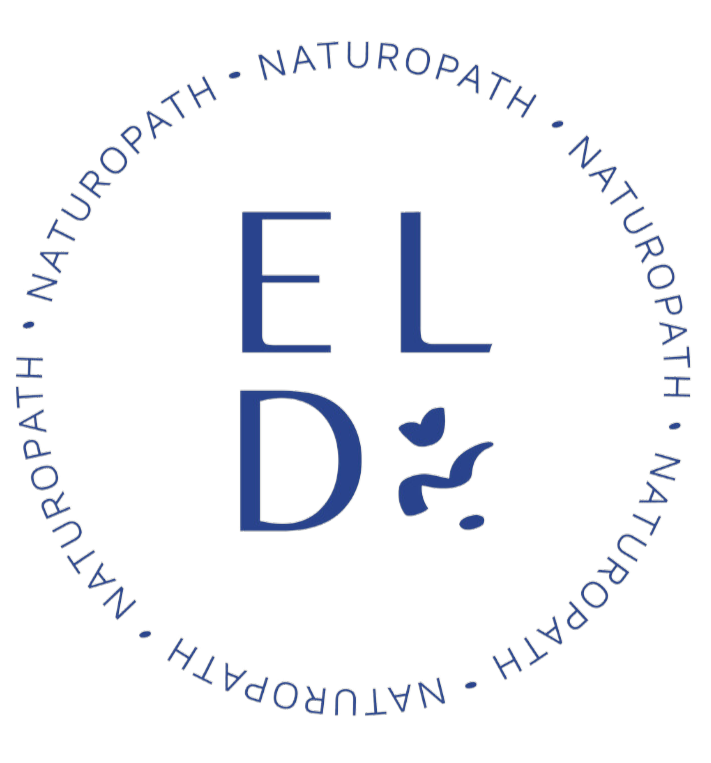
Understanding Menopause
Menopause typically occurs between the ages of 45 and 55, with the average age of onset around 51. During menopause, a woman’s ovaries gradually produce less estrogen and progesterone, leading to the cessation of menstrual periods and various hormonal changes. Women may describe themselves as running on adrenaline and having trouble relaxing and sleeping. This is due to the fact that they have an inappropriate adrenal response which results in a continually ‘locked on’ stress response. While menopause is a natural process, the hormonal fluctuations it triggers can result in a wide range of symptoms, including:
- Hot flashes and night sweats
- Mood swings and irritability
- Sleep disturbances and insomnia
- Vaginal dryness and discomfort
- Decreased libido
- Fatigue and low energy levels
- Changes in memory and concentration
Side Note: It is important to note that if you are reading this and you are in your early 20s, your health now can impact your health later on. If you are currently struggling with reproductive pain, irregular periods, PMS, mood changes or any other symptoms, you should address it now, this can help you have a smoother transition into menopause.
Phytoestrogens:
Phytoestrogens are plant-based compounds that have estrogen-like effects in the body. Consuming foods rich in phytoestrogens, such as soybeans, flaxseeds, chickpeas, and lentils, may help alleviate menopausal symptoms by providing a natural source of estrogen-like compounds.
Herbal Remedies:
- Black cohosh: Black cohosh is a popular herbal remedy used to alleviate hot flashes, night sweats, and other menopausal symptoms. It is believed to exert its effects by modulating hormone levels and neurotransmitter activity in the brain.
- Red clover: Red clover contains isoflavones, which are phytoestrogens that may help reduce the frequency and severity of hot flashes and promote overall hormonal balance during menopause.
- Sage: The cooling properties of this herb is why it has traditionally been used for hot flashes and night sweats associated with menopause. We love sage due to its additional benefits of helping with brain fog and cognitive impairment.
- Dong quai: Dong quai, also known as “female ginseng,” has been used in traditional Chinese medicine to support women’s reproductive health and alleviate menopausal symptoms such as hot flashes and vaginal dryness.
Mind-Body Therapies:
- Yoga: Practicing yoga can help reduce stress, improve flexibility, and promote relaxation, making it an excellent option for women experiencing menopausal symptoms. Certain yoga poses, such as forward bends and gentle twists, may also help alleviate discomfort associated with hot flashes and menstrual cramps.
- Meditation and deep breathing exercises: Mindfulness meditation and deep breathing exercises can help calm the mind, reduce stress, and promote emotional wellbeing during menopause. Incorporating these practices into daily life can help women navigate the ups and downs of this transitional period with greater ease.
Dietary Modifications:
- Incorporating nutrient-rich foods such as fruits, vegetables, whole grains, and lean proteins into your diet can help support overall health and alleviate menopausal symptoms.
- Increasing phytoestrogens such as organic soy products: Tofu and Tempeh to help modulate hormones.
- Increase proteins to help energy production and cellular processing especially when insomnia is present. Protein is an essential macronutrient which is a primary source of fuel for the body, providing energy and nourishment to body tissues. Protein: nuts, seeds, kangaroo, lamb, pork, beef, salmon, eggs, greek yoghurt, mussels.
- Calcium rich foods such as cheese, prawns, cow milk, greek yoghurt, kale, broccoli, tahini to help maintain bone repair and density during this life transition.
- Limiting the consumption of caffeine, alcohol, and spicy foods, which can exacerbate hot flashes and contribute to sleep disturbances, may also be beneficial.
Menopause is a natural phase of life that brings about significant changes, both physically and emotionally. While menopausal symptoms can be challenging to manage, there are many natural treatment options available to help women navigate this transition with greater comfort and ease. By embracing a holistic approach that includes dietary modifications, herbal remedies, mind-body therapies, and lifestyle changes, women can support their bodies and minds through this transformative period, empowering themselves to thrive and embrace the next chapter of life with vitality and grace.

